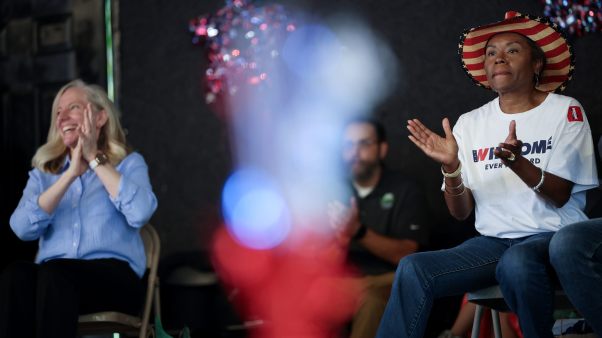In small-group ministry, a variety of groups can be formed. The most common are heterogeneous groups, which aim for diversity among the group members, and homogeneous groups, which bring together people with similar backgrounds and characteristics.
The concept of homogeneous groups is simple: college people are more likely to get along with college people, singles with singles, and homebuilders with homebuilders. But let’s be honest: developing a cohesive group with certain people, even homogeneous people, can be next to impossible.
At Willow Creek, we try to go one step further. We believe that even among people similar to each other, some people are naturally attracted to one another. So we aim for a third kind of small group: the affinity group. People may or may not be alike in terms of age, profession, or family status, but in forming our small groups we seek to link those who naturally want to spend time together. In other words, they like each other.
We believe only true affinity that sense of natural bonding or “chemistry” leads to cohesiveness. People simply aren’t motivated to bond to people they don’t enjoy. They may work together peaceably enough, but they won’t have the dynamic relationship that true friends have.
A group based on affinity, we’ve found, is more likely to remain together for years. An arbitrarily or artificially formed group, on the other hand, often collapses after a few months.
Thoughtful placement
Our commitment to the affinity principle means we hold regular “placement interviews” for people who want to join a small group. A staff member meets with groups of three or four people to get to know them. He finds out, for instance, what they do for a living. A brick layer, for instance, might not have much affinity with a brain surgeon; they may think differently and enjoy different interests. Although they may live in the same community and have kids about the same age—making them homogeneous in some aspects they may not be particularly compatible.
The placement meeting also determines such factors as how long people have been Christians, the depth of their spiritual life, and their motivation for small-group involvement. From that, we develop ideas about where they might best be placed.
Our staff person takes the information to the appropriate leaders, matching prospects with likely groups. A leader, for example, might be given the names of three couples who, based on the staff interview, might mix well. The group leader meets with the prospective members and works through a set list of questions. The leader then reports back to the staff stating which prospects he or she would like to have in his or her group.
The key is to let the group leader make the decision about whom to invite into the small group. If people like one another, they’ll stick together. But if they don’t, you can have great curriculum and leaders, but the small group won’t work.
Common objections
But what about the people no one chooses? That can be a problem with this method.
In some cases our staff has had to tell people they can’t be placed immediately. The staff, however, has promised to continue to find a leader. At the same time, the prospects are encouraged to take advantage of other ministry opportunities at Willow Creek to develop relationships.
It can be difficult to tell people that. However, we try to prepare our people by warning them in advance that it may take three to six months or longer to make the proper placement. Most are willing to be patient. After all, a small group has the potential to have a monumental impact. People will wait for the right group.
Even with people who are just a bit eccentric, we often are able to find leaders who are equally eccentric, and the group works well.
Long-term leaders
We want our small groups to succeed. That is why we are so careful about the placement procedure. We believe disciples will not be made unless the leader wants to spend time with the group members. When leaders are allowed to choose their own members, they will do a better job, feel more positive about the experience, and be more motivated to serve again.
Management consultant Ken Blanchard says the usual organizational pyramid should be turned upside down, so that the upper leaders are serving those individuals who minister to the congregation, who in turn make the impact on the world around them.
We feel that if we meet the needs of our small-group leaders, we’ll meet the needs of others. If, on the other hand, we burn out our leaders with an unnatural ministry fit, no one will be served. No matter what support we provide our leaders, it’s how fruitful they feel that determines whether they’re motivated to keep serving.
—Don Cousins Willow Creek Community Church South Barrington, Illinois








